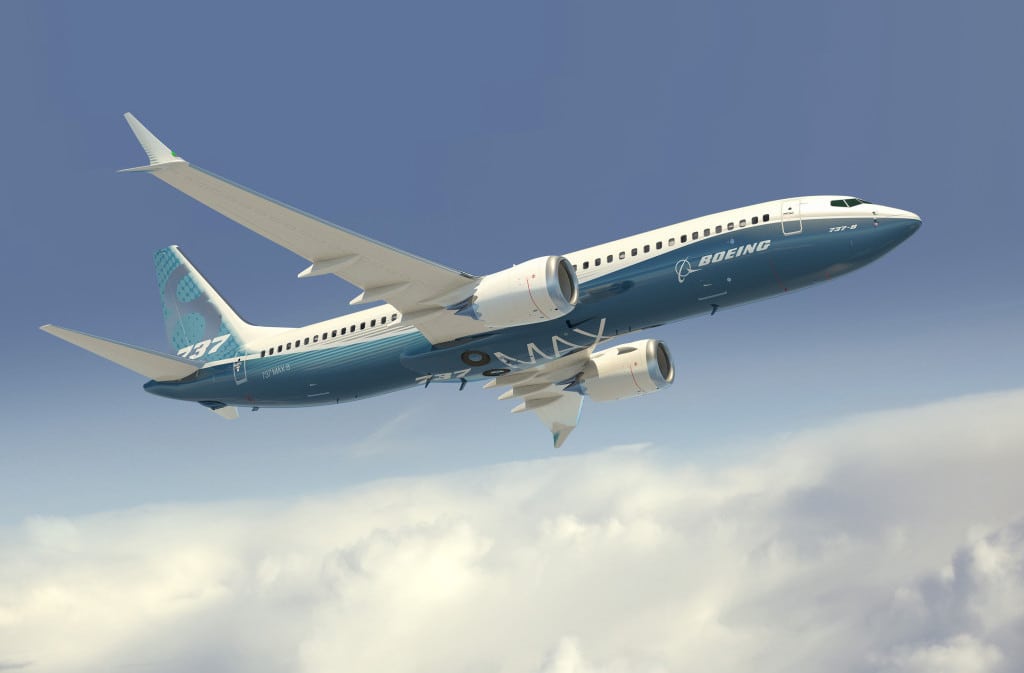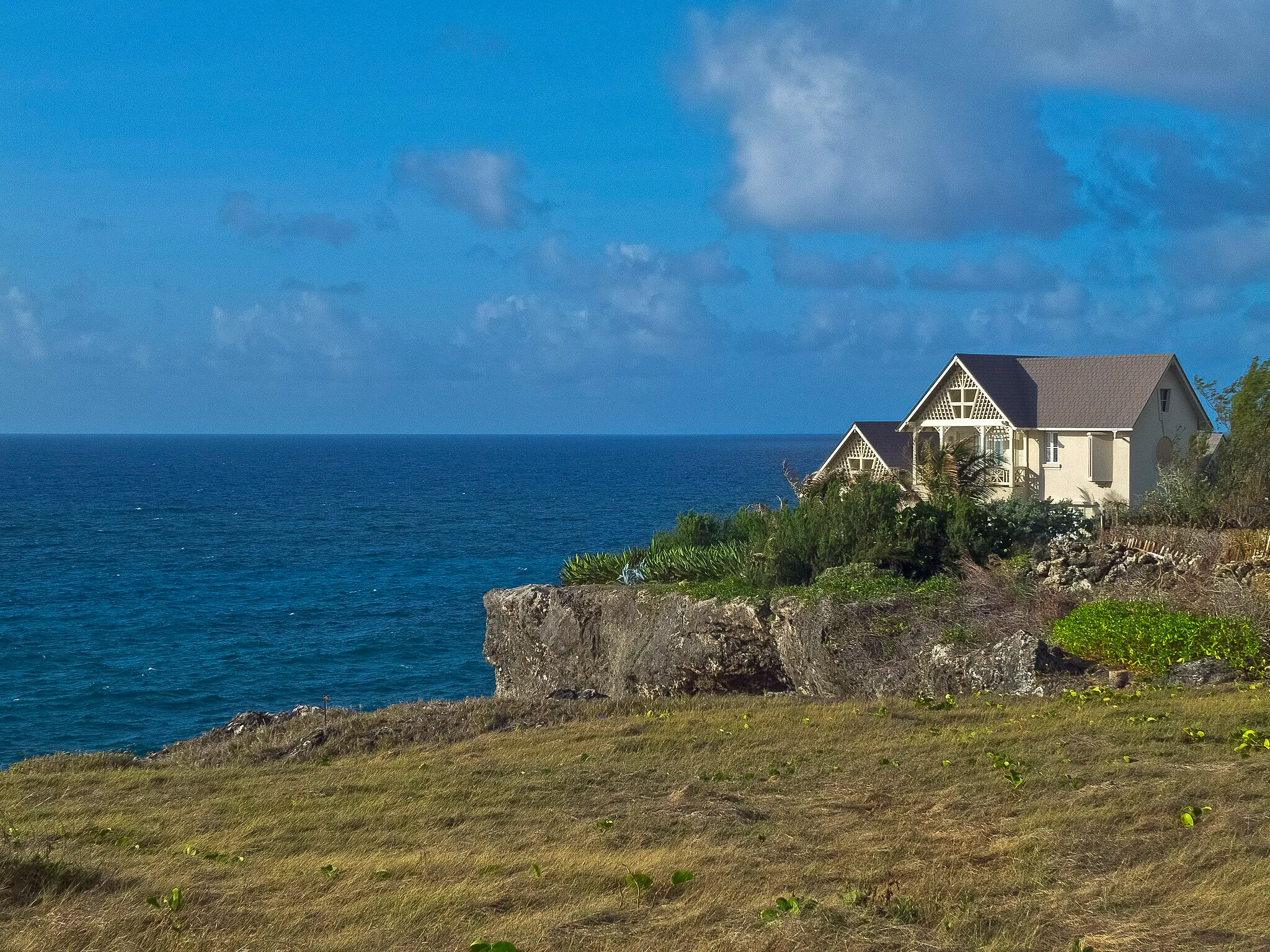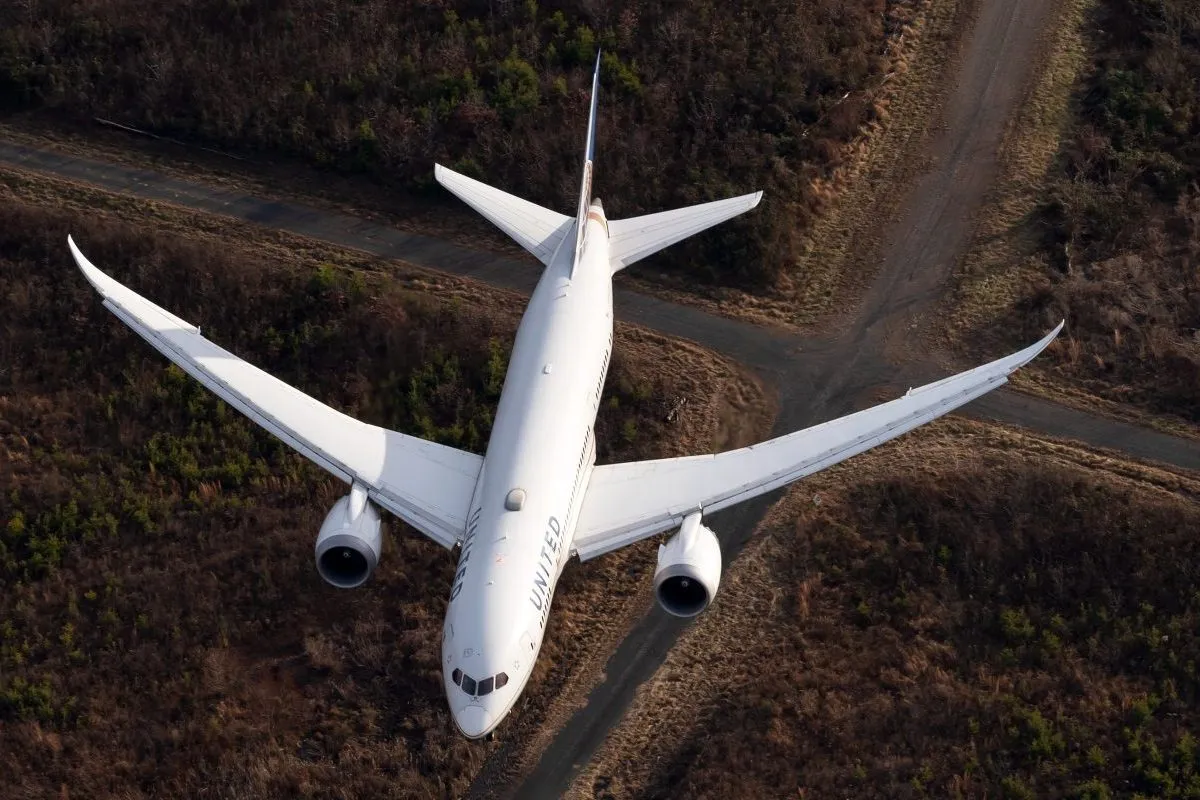Boeing Sees a $730 Billion Aircraft Market in Middle East Over Next Two Decades

Skift Take
Boeing has forecast that airlines in the Middle East will require 3,180 new aircraft over the next twenty years, a demand which it values at $730 billion, with 70% of that demand driven by "rapid fleet expansion in the region."
The U.S. aircraft manufacturer predicts that the largest share of future demand will be in single-aisle aircraft, such as its 737 MAX, estimating that Middle East carriers will need approximately 1,140 of those aircraft. "These new airplanes will continue to stimulate growth for low-cost carriers and replace older, less-efficient airplanes," Boeing states in its announcement.
"Traffic growth in the Middle East continues to grow at a healthy rate and is expected to grow 6.2 percent annually during the next 20 years," said Randy Tinseth, Vice President, Marketing, Boeing Commercial Airplanes. "About 80 percent of the world's population lives within an eight-hour flight of the Arabian Gulf. This geographic position, coupled with diverse business strategies and investment in infrastructure is allowing carriers in the Middle East to aggregate traffic at their hubs and offer one-stop service between many city pairs that would not otherwise enjoy such direct itineraries."
Globally, Boeing forecasts long-term demand for 38,050 aircraft, valuing the market at $5.6 trillion, with new aircraft replacing older, less efficient planes and facilitating the growth of established carriers and new model carriers in emerging markets.




